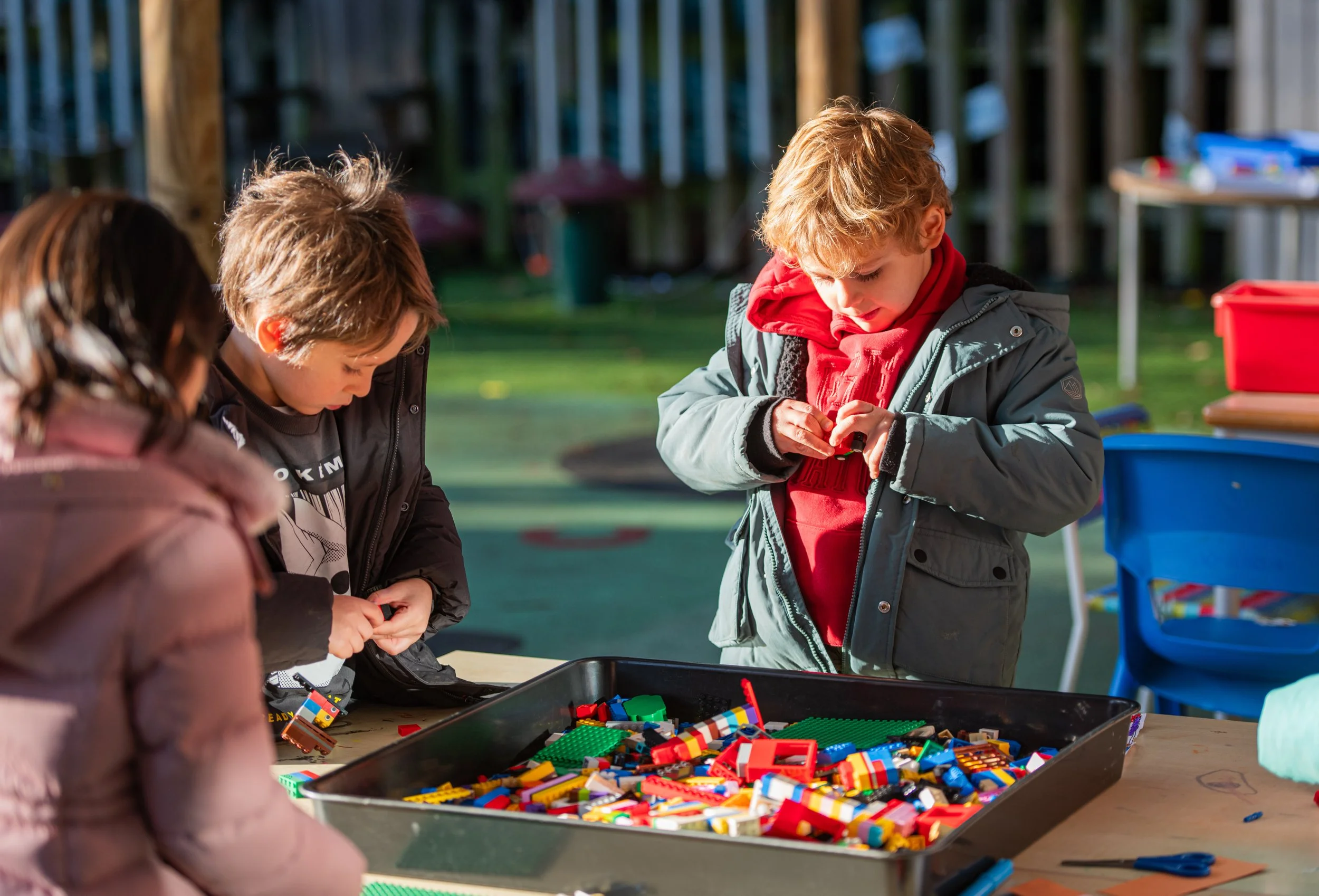Three skills your child should master at primary school
By Sue Wakefield-Gray, Head of Department and Chelsea Wilson, Head of Department of Early Years at ACS International School Hillingdon
As parents, we want our children to grow into confident, capable adults ready to take on the challenges of the future. But what can we do today to help them succeed tomorrow? The answer lies in focusing on three foundational skills: problem-solving, collaboration, and independence. Here’s how you can nurture these in your child, setting them up for success in school and beyond.
1. Encourage problem-solving skills
Life doesn’t come with a manual, and teaching children to navigate challenges is one of the greatest gifts you can give them. At school, problem-solving often takes the form of collaborative projects or imaginative tasks, like planning a tea party where students take on everything from designing menus to serving guests.
You can foster these skills at home by involving your child in everyday challenges. Let them help figure out the best route to a new location, choose recipes for a family meal, or troubleshoot when something doesn’t go as planned. When your child encounters setbacks, resist the urge to step in immediately. Instead, ask questions like, “What have you tried so far?” or “What other options could we explore?” This approach teaches resilience and resourcefulness — skills they’ll carry throughout their lives.
2. Build strong collaboration skills
Teamwork is more than just a buzzword — it’s a critical life skill; according to research, communication and collaboration are among the top traits employers look for in the workforce. Primary school classrooms encourage collaboration through group projects where children learn to share ideas, divide tasks, and resolve conflicts.
As a parent, you can nurture these abilities by encouraging cooperative play. Board games, shared chores, or even organising playdates with group activities can help children practice working together. Celebrate their ability to listen to others’ ideas or compromise to solve a problem, reinforcing that success often depends on teamwork.
3. Foster independence
Teaching children to manage their own responsibilities builds confidence and self-reliance. At school, teachers support this by encouraging students to pack their bags, organise materials, or complete tasks without constant reminders.
Parents can do the same at home by giving kids age-appropriate responsibilities. For younger children, this might mean setting the table or tidying their toys; for older ones, it could be managing their homework schedule or preparing their lunch. Offer guidance initially but step back as they become more capable. Remind them that mistakes are okay and an essential part of learning.
Why start early?
These skills aren’t just “nice to haves”. They form the foundation for a growth mindset, adaptability, and resilience. By starting early, we give children the tools they need to thrive in an ever-changing world. And as parents, we can take pride in knowing we’ve given them the best possible start. With a little guidance and a lot of encouragement, your child can develop these essential skills, setting the stage for a fulfilling future.


